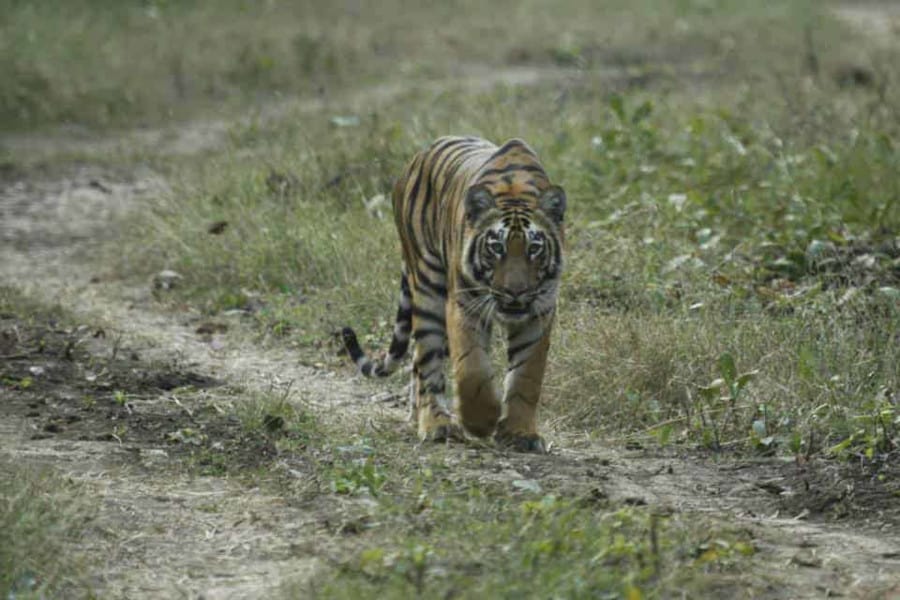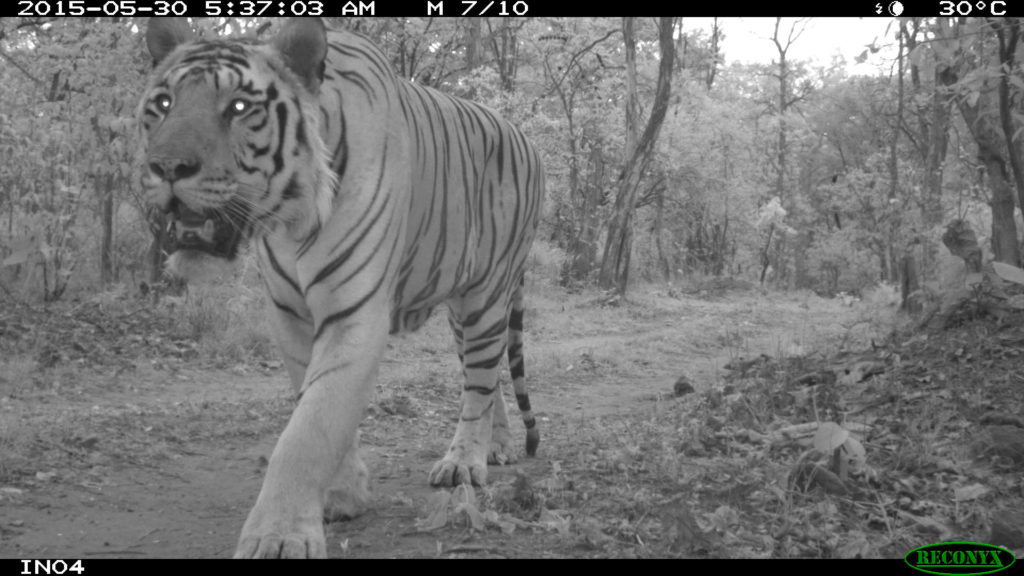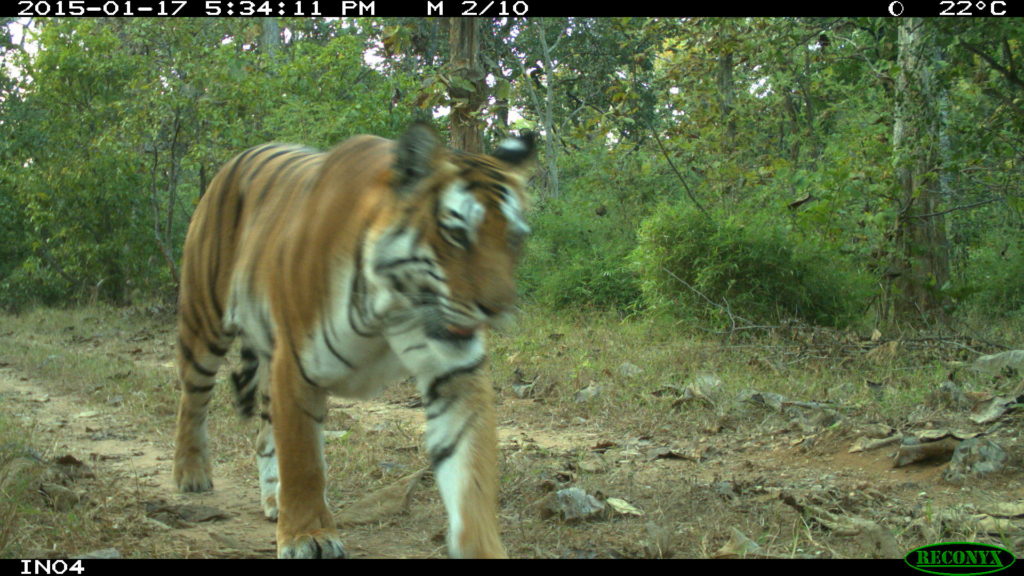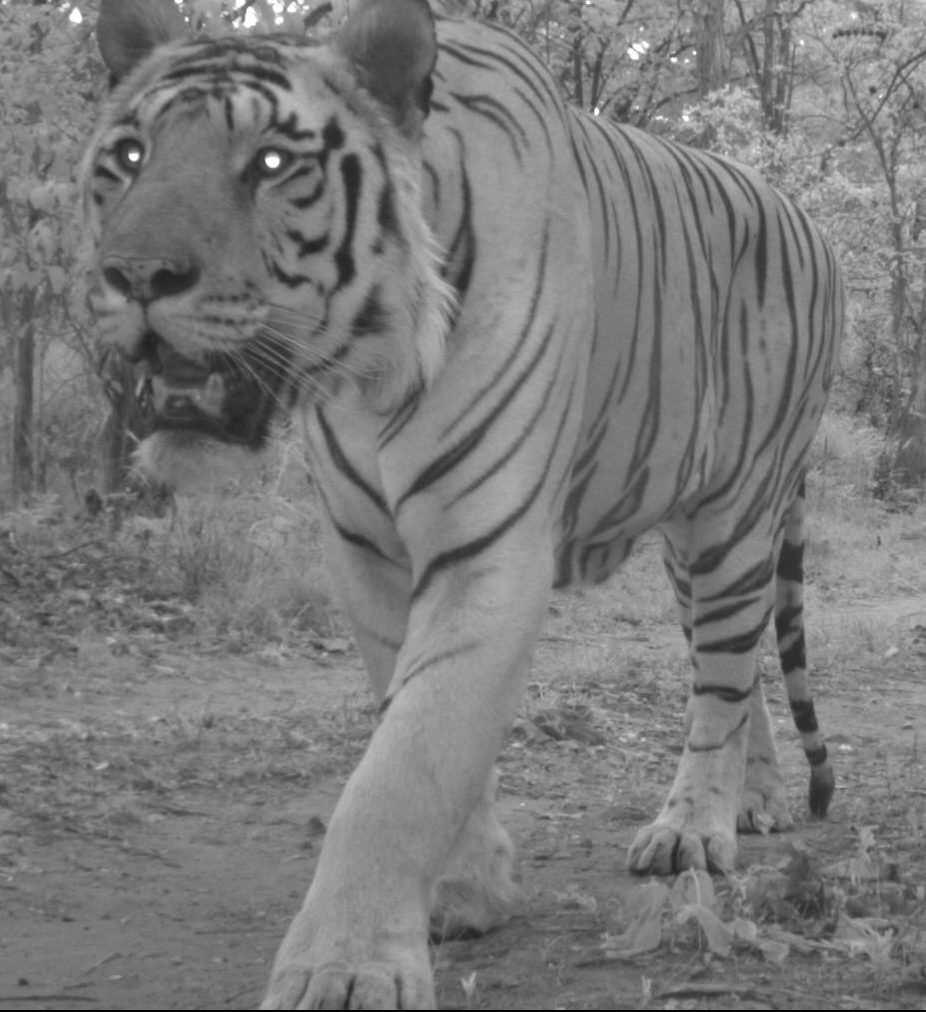I am learning manifestation (yes, manifestation! It’s not that different from goal-setting) and one of the things I am learning is to let go – let go of control, let go of the past, my ego, and anger. I believe conservationists could learn from this wisdom too.
I was recently in a Clubhouse chat where we were talking about human-tiger conflict in India. Someone mentioned that they get upset if a community is angry about a tiger killing their livestock and they kill the tiger they think did it – even though it might be or even certainly not that individual.

While I am definitely not for tiger-killing, I pointed out that stories like these were in a way a good sign – India had actually grown their tiger population in recent years, so tigers dispersing where people live and outside of the reserves was indicative of conservation success.
But others were quick to say that it wasn’t a success – that if you compare the tiger populations now to the 1980s and 90s, it is still much smaller. And that if we act like it is a success, people will think that we don’t need to worry about tiger conservation anymore.
We don’t live in the 1980s any more. Our world is very different today.
I’m not an expert when it comes to tiger conservation in India (although I have research there), but given that India is the 2nd most populated country on Earth, my guess is that it is near impossible to grow the population of tigers to the numbers of what they previously were.
Currently, there is conflict because the tiger populations in the reserves has increased and now individuals have to move out to establish new territories. They are coming into conflict because there is is little unoccupied, undeveloped land in India.
When I traveled to India, even in the more rural places, I still felt like there was A LOT of people. I didn’t quite feel the solitude that I did when traveling to rural parts of Kenya or Gabon or even places in the US.

So why am I talking about this here?
Because when we constantly hold on to the past, comparing things as what they once where, we will forever be disappointed, pessimistic, and sad. And if we are to build a movement, people want to be inspired and hopeful.
If you listen to podcast episode #38: Impostor Syndrome, Confidence, and Conservation, I explain why we as conservationists need to be positive for the movement – because just like a magnet, like attracts like. We want enthusiastic, positive people believing we can make gains – even if they are smaller gains – and a net loss compared to what it was in the past.
Powered by RedCircle
Subscribe on Apple, Spotify, or Stitcher.
The past is gone and to be honest, our comparisons are arbitrary. How far do we go back to measure loss? 20 years? 50? 100? This is something conservationists actually discuss and debate. What is “natural” and untouched by humans. 10K+ years ago?
We live in a new world today where human population is at 7 billion people and we have to work in that world. Any reversing trend of species extinction needs to be celebrated – or else we are never going to win at all.
And this doesn’t mean we are settling or giving up and saying it’s all better now that a species is at X individuals, but what we are saying is that what we are doing is working, let’s have pride in that, and let’s continue the momentum.

We can strive towards those higher numbers, but if we constantly compare to the past it is all a loss. Let go of the idea of conservation success only being measured in one way.
For more on optimism in conservation, check out the organization Conservation Optimism.
Love this post? Share it with friends!



